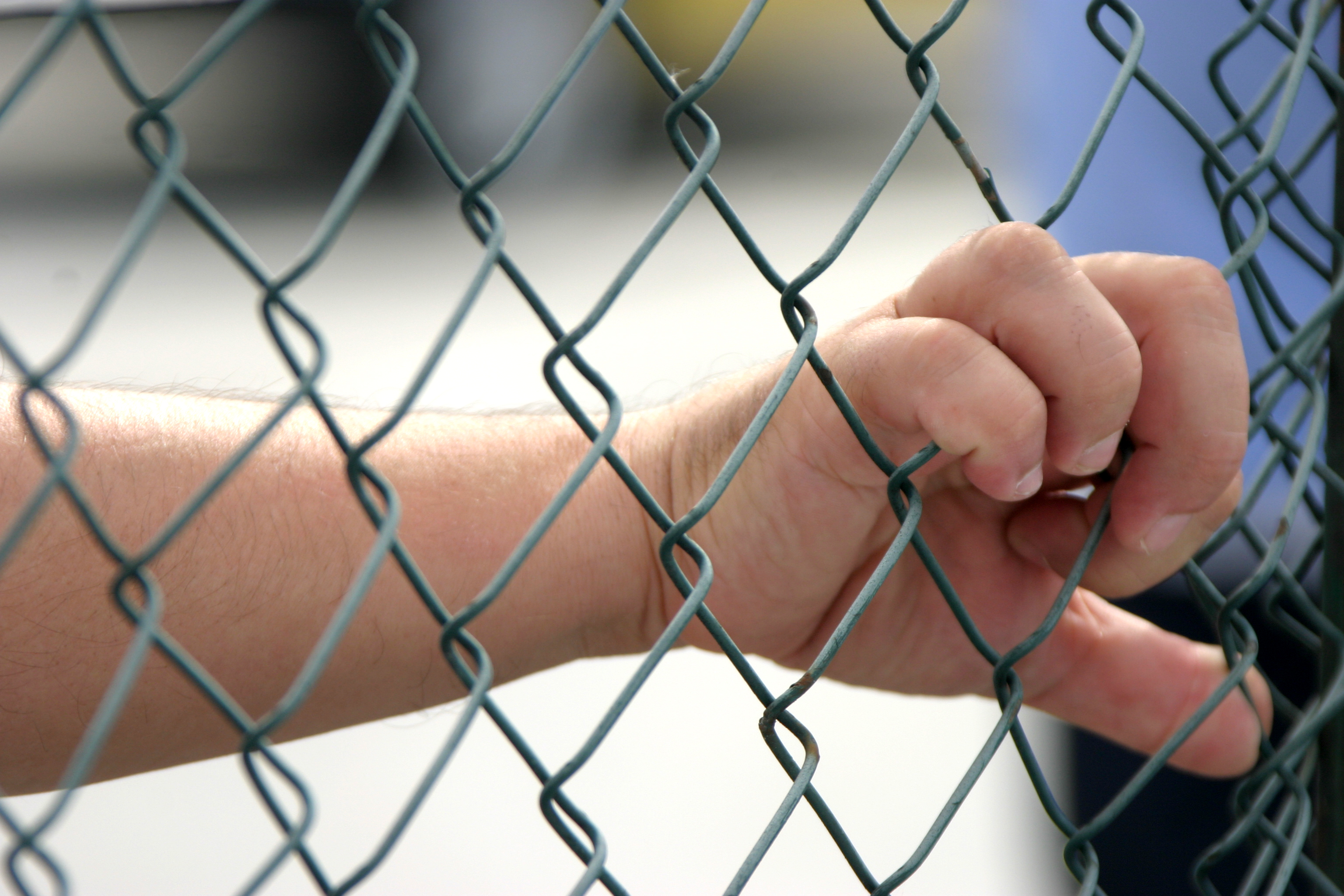MONDAY, Oct. 31 (HealthDay News) — Teens who have at least one parent deployed with the military may be more likely to fight, carry a weapon and join a gang, according to a U.S. study.
Researchers examined data gathered from more than 10,000 public school students in grades 8, 10 and 12, who took part in the 2008 Washington State Healthy Youth Survey.
Among eighth-graders, boys with a parent on military deployment had a 1.77 times greater risk of fighting and a 2.14 higher chance of being in a gang, while girls had a twofold increased risk of carrying a weapon.
Among 10th and 12th graders, girls with a deployed parent were 2.8 times more likely to be a member of a gang, 2.6 times more likely to be involved in fights and 2.2 times more likely to carry a weapon, while boys were 2.87 times more likely to carry a weapon, 2.48 times more likely to be involved in fights, and 2.08 times more likely to be in a gang.
The study was slated for presentation Monday at the annual meeting of the American Public Health Association, in Washington, D.C.
While a parent is deployed, children can miss out on opportunities to learn positive health behaviors, according to the researchers at the University of Washington’s School of Public Health.
“This study raises serious concerns about an under-recognized consequence of war. How children cope with their parent’s deployment is a real issue that countless families are confronted with every day,” lead researcher Sarah Reed said in an association news release. “There is a unique opportunity here to intervene and offer these children — who are acutely vulnerable to negative influences — the support they need so they don’t turn to violence as a way to help cope.”
The researchers called for greater support of school- and community-based programs designed to improve the health and safety of youth in military families.
In 2010, nearly 2 million children in the United States had at least one parent serving in the military, according to the news release.
Data and conclusions of research presented at medical meetings should be viewed as preliminary until published in a peer-reviewed journal.
More information
The U.S. Army Center for Health Promotion and Preventive Medicine offers tips for families with a deployed parent.

